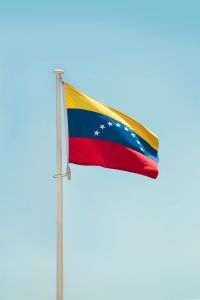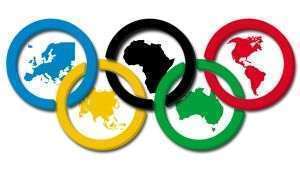The way in which George Simion, the AUR candidate in the presidential elections, behaved with the representatives of Digi 24 who met with him to discuss the debate in which he was to participate on Monday evening was appreciated by the sovereignists and harshly criticized by the pro-Europeans. In the chorus of flatterers of the AUR president is also the journalist Ion Cristoiu, who posted on his X page a harsh text addressed not only to the representatives of the TV station named above, but also to the entire Romanian press that does not praise the sovereignist current.
From the analysis of the respective post, we note that Ion Cristoiu writes with anger. Against the moguls, against the so-called "arrogant" journalists, against the television stations that do not align with the sovereignist camp. It uses a populist rhetoric, in which journalists become "servants on the moguls' estate", the press - a dirty tool of the system, and the politician who "slaps the media in the face" gains the aura of a hero. In this logic, criticism disappears, there is no longer any room for nuances: you are with us or with "them". With "the people" or with "the traitors".
This approach is not new. It is, after all, a local variant of a well-known strategy: discrediting the press in order to obtain political capital. Donald Trump did it in the USA with resounding success, as Cristoiu himself notes, glorifying the model. What the author omits, however, is that behind this "success" there are deep cracks in contemporary democracies: extreme polarization, loss of trust in fundamental institutions, fertile ground for manipulation and disinformation.
It is true that the Romanian press has slippages. That some editorial offices have compromised themselves, that there is servility, that functional illiteracy is rampant and that political or economic interests often distort the journalistic act. But from here to declaring, en masse, that "journalists are among the most hated beings in Romania today" - the expression belongs to Ion Cristoiu - is not only a toxic exaggeration, but an invitation to hatred.
What is worse is that such messages cultivate a dangerous emotion: the satisfaction of revenge. The public "chilled out" because Simion humiliated a television station becomes an accomplice in a power game that relies on resentment and the destruction of any bridge of dialogue. And instead of encouraging a better, more rigorous, more responsible press, we push it into a corner, silence it or turn it into a scapegoat.
The press, with all its weaknesses, remains one of the last bastions of democratic control. It should not be idealized, but neither should it be demonized. Confronting it with arguments is healthy; discrediting it brutally, just for electoral gain, is dangerous.
Ion Cristoiu is not doing journalism in the respective post on his page on the X network. Ion Cristoiu is doing propaganda. And, if we are not vigilant, we risk confusing the critical voice with the cynical voice. Now, in a fragile democracy like ours, the difference between the two is not a simple game of style, but a matter of democratic survival.
















































